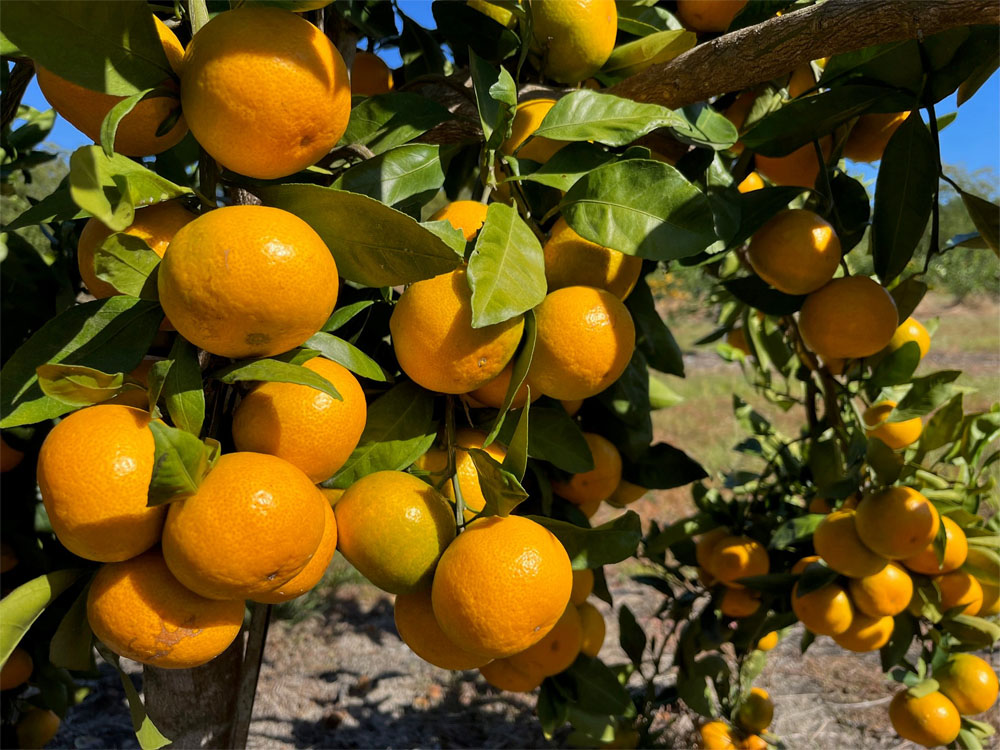Many Georgia families enjoy building roaring fires in their fireplaces or wood-burning stoves during the winter. Whether as a source of heat or for enjoyment, when the flames die down, a pile of wood ash remains.
University of Georgia Cooperative Extension agents get calls this time of year from gardeners asking if they can add wood ash to their garden plots. UGA Extension consumer vegetable specialist Bob Westerfield says the answer is “yes, but in moderation.”
“At the end of the day, ashes are a source of nutrients; primarily potassium or potash,” he said.
“You can add wood ash to your garden and get the soil to a level where it’s good for your vegetables, but the problem is adding too much.”
This potash is a stable nutrient, so it doesn’t “go away quickly” from the soil once you add it, he said.
Adding wood ash to a garden plot also adds calcium and magnesium to the soil, similar to applying lime. Like lime, this will increase the pH level in your soil, Westerfield added.
“Again, once the pH hits a proper level and you have a slightly acidic soil, if you keep throwing ashes out there it’s just going to skyrocket the pH. Your soil will end up going the other direction and become too basic,” he said. “Your vegetable plants will start to yellow because the plants will no longer be able to absorb the nitrogen. They essentially begin to starve themselves to death.”
Slightly acid soil at a pH level of 6.5-6.8 is perfect for most vegetables and ornamentals.
When too much wood ash is added to the soil, the pH will “jump up,” nutrients can get out balance and the roots can’t absorb the nutrients.
To safely add wood ash to your home vegetable garden, Westerfield recommends adding no more than five pounds of wood ash per 1,000 square feet per year. To check the pH level, take a soil sample to your local UGA Extension office and have the soil tested every two years.
“The soil test will tell you the pH level and if you are at a level where you need to hold off on adding more wood ash,” Westerfield said.
Wood ash should not be added to compost piles.
“Compost needs an acidic environment. The wood ash may slow down the microbes,” he said. “This is also why UGA Extension agents and specialists say not to add lime to your compost pile. You can add a little fertilizer, though.”





